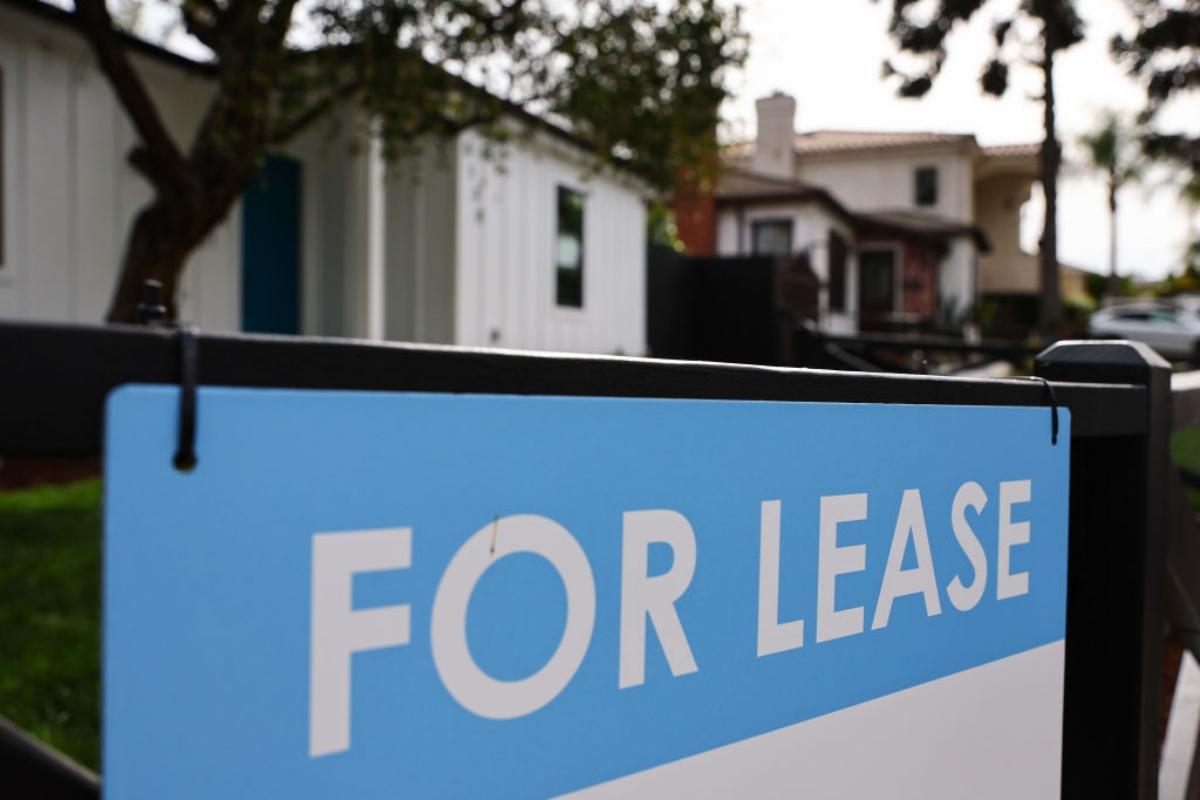Ready to Spread Your Wings? Tips for Moving Out of Your Parents' House
Need tips for moving out of your parent's house? Living at home as an adult isn't uncommon. Take these essential steps if you want to move out.
March 31 2023, Published 11:39 a.m. ET

- 1. Know your financial situation before you try moving out of your parents' house.
- 2. Consider your relationship to your parents.
- 3. Work on paying off debt.
- 4. Build your credit and monitor your credit score.
- 5. Make sure you have a stable source of income.
- 6. Practice living on a budget.
- 7. Decide where you'd like to live and look at the costs.
- 8. Decide whether you should rent or buy a home.
- 9. If renting, do your research on the rental market.
- 10. If buying, make sure to save enough and don't buy more house than you need.
Although living at home during your 20s and 30s has become somewhat more commonplace in recent years, perhaps you're considering whether it's time to move out and into your own place.
Whether you seek to rent or buy a place to live, these are some key tips for moving out of your parents' house.
When you're planning to move out of your parents' house and into your own place, you need to consider a lot of financial issues. Think about whether you have any debt, how much money you have saved, and if your job and income are stable.
Then you can more easily decide on whether you'll rent or buy when you move out.
1. Know your financial situation before you try moving out of your parents' house.

Living with one or more of your parents can save you money and help you focus on other goals, like some millennials interviewed for Business Insider are doing. But if you're thinking of moving out, the first step is to know your finances.
Be aware of your income, debt, budget, and credit score before making any big decisions.
2. Consider your relationship to your parents.
On the non-financial side of things, it's a good idea to think of how your moving out may affect your parent(s). If you're paying them rent, talk to them about whether they can afford their bills without your money.
Even if you aren't paying rent, talking to them about how you'll continue your relationship with them after you move is a good idea.
3. Work on paying off debt.

Before moving out of your parents' home, take a hard look at any debt you have. You may not have to pay it all off before moving out, but factor those payments into your budget. It's also good to pay down high-interest debt such as credit card debt, especially before seeking to rent or buy, as debt can make it harder to qualify for a loan.
The debt avalanche or debt snowball method may be helpful too.
4. Build your credit and monitor your credit score.
Your credit score is extremely important if you plan to move out on your own. Potential landlords will check your credit and any mortgage applications will also require a good credit score. If you haven't built up much of a credit score, focus on handling debt responsibly: open and manage your first credit card, pay car payments on time, and check your credit scores regularly.
5. Make sure you have a stable source of income.

If you're trying to move out, be sure you have a stable source of income. Some people move home temporarily to find a new job, so if that's the case, go to job fairs, get on LinkedIn, search online job boards, and hone your skills for jobs you want.
You'll need a steady source of income to ensure you can pay higher bills associated with living on your own.
6. Practice living on a budget.
Before moving out, if you aren't already following a budget, start now. Plan how you can allot your income each month toward expenses, and be sure you can afford your current lifestyle.
Then, estimate what expenses will be when you move out (factoring in rent costs or, if you're buying a home, the down payment and closing costs as well as mortgage payments).
7. Decide where you'd like to live and look at the costs.
Another important tip for moving out of your parents' house is to think about where you want to live. Do you want to move across the country or to somewhere in the same town? Would you prefer rural or urban living?
Figure out where you'd like to live and research the cost of living, including rental and housing costs.
8. Decide whether you should rent or buy a home.

Renting a home can be as good an option as buying. Decide what you can afford and what fits your lifestyle, looking at costs as well as convenience. Keep in mind that buying comes with not only a mortgage, but also down payment and closing costs. Renting can be a good long-term choice or a stepping stone to buying in a few years.
Check out these tips for first-time homebuyers to help you decide.
9. If renting, do your research on the rental market.
If you decide to rent, study the rentals in the area where you'll live. At the very least, you'll usually need several months' worth of rent as a deposit, money for renters insurance, and proof of income for the landlord. Make sure to choose a place you can afford on your income. (You might also get a roommate or two to share the costs of a rental, which could help you move out much sooner.)
10. If buying, make sure to save enough and don't buy more house than you need.
Buying a house is a major step, so take the time to research the housing market, ensure you've saved a 10 percent–20 percent down payment, save extra for emergencies and home expenses, and avoid buying more home than you can afford.
There are also first-time homebuyer programs that can assist you in the process and make it more affordable.
